With the growing appeal of ISISism in the Middle East, the importance of an effective US diplomatic focus on religious freedom, with new paradigms that take into account the gravity of the situation, is only growing. Last week I attended an important conference hosted by the University of Notre Dame that did a great job at helping take that discussion to a new level.
And on a related note, over the weekend, I finished this new book on ISIS:
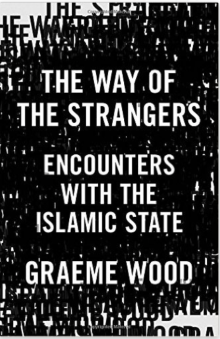
In a nutshell, should you read this book and why?
Yes, very much so. Anyone interested in the inner-related topics of religious freedom, Counter-terrorism, and US national security will benefit. It is the best book I’ve read specifically on ISIS. And I’ve added it to my Jihadism Reading List.
Here are three general reasons why:
(1) Author has significant experience in the Middle East and strong Arabic skills:
That makes a big difference. Not only a strong theoretical command of Islamist vocabulary but also of spoken Arabic that enables him to get around town in Alexandria, Egypt to land interviews with hard-core Salafists.
From personal experience, the bravery and journalistic finesse required for such an endeavor should not be underestimated. I did a bunch of interviews with Islamists in Egypt for a study I was conducting on Salafi Satellite TV when I lived in Cairo. Talking with mainstream Islamists, including senior members of the Muslim Brotherhood was easy and I never felt the slightest bit uncomfortable.
However, the Salafists I saw were always on edge and frankly a bit “scary.” I probably would have gone to Alex to Salafi strongholds in 2009 but must admit I would be very reluctant in recent years. Kudos to Wood for this level of hustle.
(2) Constructively Politically Incorrect Treatment of ISIS’s position within the Islamic spectrum:
Two years ago, the author’s “What ISIS Wants” article in The Atlantic provoked controversy for suggesting that ISIS is in fact within the Islamic fold. Yet it’s really only a “controversy” in the US, not so much in the Muslim World itself.
The general tone, correctly, throughout the book, is that while ISIS is an extreme interpretation of Islam, it is not an illegitimate one. This is my view is what the starting point of discussions on this topic in the US should be, verses say Secretary Kerry claiming that ISIS is “not Muslim.” Having that frank discussion in a fact-based, non-mean way, allows for a more productive policy response.
(3) Extensive first-person interviews with primary sources.
To understand ISIS, one has to talk to ISIS. Doing so doesn’t mean you “like” or “endorse” them.
The Way of Strangers is based on extensive interviews with either actual sympathizers or people who are intellectually close in some form to the movement. This makes it a “primary source” along the same lines as the Vice documentary “The Islamic State.”
If I had to point to a weakness, it would be that nearly all of the interviews are conducted in the West, mostly with Western converts, many of them very intellectual about their beliefs. That seems to skew the book’s focus towards the religious dimensions of the ISIS appeal.
Whereas none of the subjects are “foot soldiers,” ie young males from the Arab heartland of Egypt, Saudi Arabia, Tunisia etc. Now, of course, trying to get in touch with these types also increases the chances of getting one’s head cut off so it’s understandable. And there are always future books to write.
Four Key Points of Relevance to Policy Makers:
Several key points on policy issues that I thought were important from a practical policy response perspective:
(1) Being a “Newby” Does Not Betray a Lack of Religious Seriousness:
Consistent with Wood’s theme of placing ISIS in the Islamic religious spectrum, he pushes back against a cliche that has been repeated dozens of times in academic discussions of this topic:
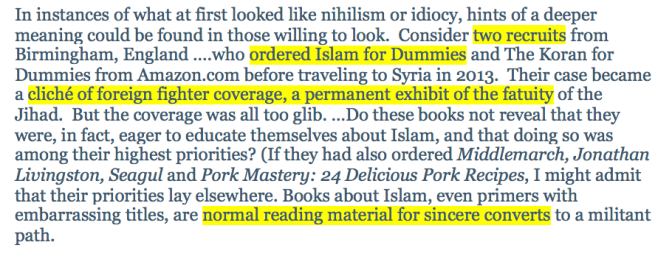
I couldn’t agree more. There is a constant secular instinct in academia to downplay the role of religion as a motivator of people’s actions. See for example, the Olivier Roy Islamization of Radicalization thesis.
From a Counter-Terrorism perspective, buying a book called “Islam for Dummies” is hardly a sign of not being driven by religious considerations. Few practicing members of any faith are true “experts” at the field. The fact they want to learn more about the faith is a sign of their devotion, not a lack of it.
(2) Why Calling ISIS “Kharajites” has limited ability to dent their appeal:
The book brings up another ongoing idea in Counter-terrorism circles: that slurring ISIS as “Kharajites” could have some effect in delegitimizing them. At the Notre Dame conference several people mentioned this as a possible strategy.
The reference is to a sect from the Middle Ages that rebelled against the mainstream Muslim fold and is universally disdained within the religion. For that reason, since the 1970s, Arab governments have been trying to make this argument to discredit Jihadist groups.
There are several reasons to be skeptical that such strategy can work.
First, modern political Jihadism is by its very nature a rebellion against the Muslim Establishment. Their opponents that they are trying to overthrow telling them essentially “idiots, you are wrong in your understanding of Islam” is about as likely to work as, say, the Russian Aristocracy succeeding in telling the peasantry in 1917 “look, you just don’t understand the mistake you are making.”
See my translation of an article on how this Establishment vs Anti-Establishment paradigm is playing out at a micro-level as relates to Egypt.
Second, as Wood notes, ISIS denies they are Kharajites. More importantly, ISIS makes a credible case that they are not Kharajites:
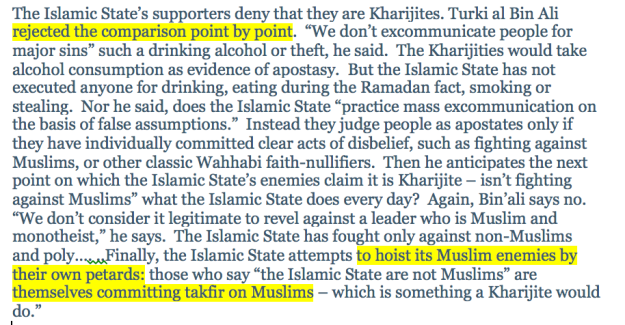
This quote from the book accurately sums up the pros and cons of this tactic from a CT perspective:

Yes, it annoys them. So if it makes ISIS mad I guess this is good. But it’s not going to have any real big-picture strategic effect and in some ways is even a victory for ISIS from a strategic perspective, if the debate becomes “who is closer to the original Islam.”
(2) The limitations of “Quietist Salafism” as a counter to Jihadism:
Another hope in some CT circles is that Quietist Salafists Could be a Defense Against Jihadists. Around page 237, there is a good discussion of what this could mean in practice.
Again, I am skeptical.
The hope is that if radical Muslims could somehow enticed to adapt a more inward-looking, less aggressive action-oriented approach towards overall society, they would be less likely to engage in violent terrorism.
However, key point – being “Quietist” is really a tactical choice not an expression of some kind of deep philosophical difference. Quietists are not “moderates.” Their main disagreement is over tactics.
To illustrate this point, here is an important quote from an interview I did several years ago with a top Egyptian scholar:

Mr. Habib made this quote in 2009. And the initial post-2011 experience in Egypt shows how accurate it was. Just look at how Egyptian Salafis suddenly went from being Quietist to more activists after the fall of Mubarak in 2011.
That post-2011 shift into politics, surprised some but it shouldn’t have. As I wrote for The Arabist, in pre-2011 conditions, getting involved in politics was judged not worth the cost. When the equation changed, for a big portion, they thought they could make positive change in politics.
However, I was intrigued to read about a specific idea proposed by one of Wood’s interview subjects:
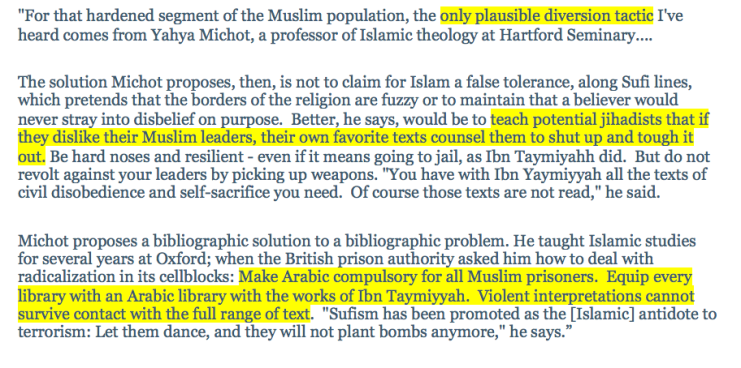
While an interesting idea in theory, I don’t see it having much effect in practice. For one, as Wood notes, it would take many many years for someone to reach that level of Arabic where they could read Ibn Taymiyyah.
Second, there is something about 20 and 30 something men, that makes this idea impractical in practice. I certainly can see it working with people say above 40. In fact, that’s essentially what happened in Egypt in the 1990s and 2000s. Guys who had been fighting their 20s and 30s basically got tired of being in jail and came to essentially the “Quietist” conclusion as I wrote about in my 2009 analysis of Dr. Fadl.
However, with 20 and 30 somethings, there is just a natural male orientation that makes it very unlikely that peaceful interpretations of Ibn Taymiyyah would be adapted from the get-go, versus adopting the violent interpretations and having to learn from experience to move towards less aggressive interpretations.
(4) The Harsh Reality: the ISIS-ism problem is just Beginning:
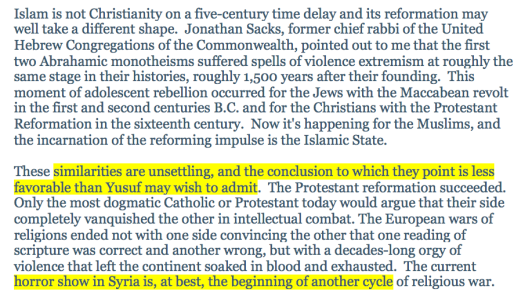
I agree with Wood that what we have seen so far with the rise of radical Jihadism is probably only the beginning of a very long and likely bloody period that will extent well into the 22nd century. As I wrote a couple of months ago, the ISIS state will be defeated, but ISISism the ideology is here to stay.
Wood largely frames this issue in a religious context, looking at similar periods of violence at comparable times in Jewish and Christian history.
However, I would equally frame it in the context of the interconnectedness of the Middle East economy with the West. If the Muslim world was in total isolation from the West, and locally economically self-sufficient, and also not hyper-connected through the internet to the non-Muslim world, there wouldn’t be this problem. Or at least it wouldn’t be this big.
But the reality is that because of the weak economic conditions of most Arab countries, there is only room for some 20% of the populations to achieve purpose, meaning and status by playing according to the conventional approach preferred by the Muslim “Establishment.” What that means is that those factors structurally encourage a growing percentage of discontented young Muslim men to migrate towards the hard-line interpretations of Ibn Taymiyahh. And it is almost impossible to see how that could change.
Surrounding socio-economic factors are what motivates 99% of radical Jihadists to adopt radical interpretations of Islam that address their predicament. The only way to stop people from adopting that interpretation is to change those conditions. We are never going to eliminate the problem completely. But here in an article I wrote in 2015 titled To Beat ISIS Focus on Economic Reforms with five specific policy areas where an impact could be made.
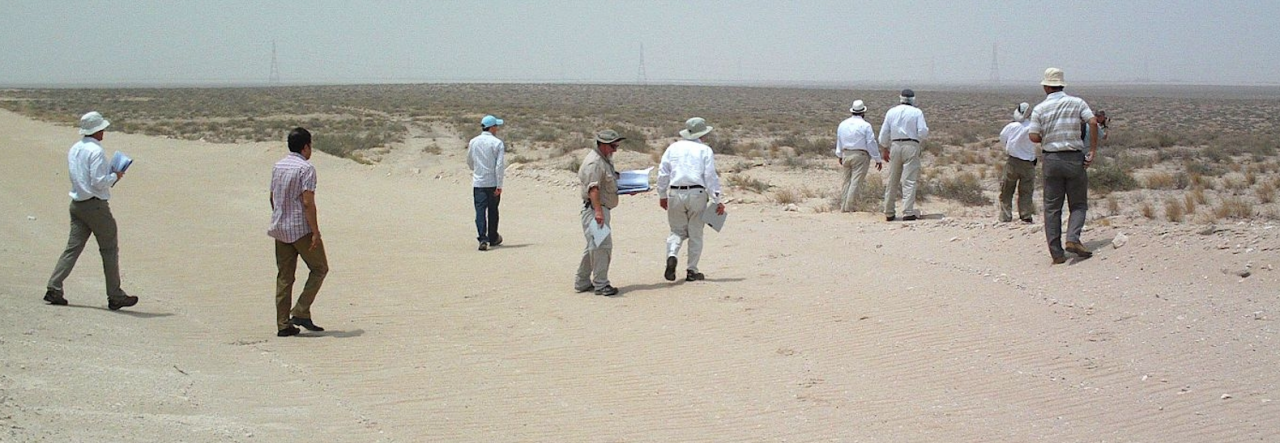
Excellent review. What other books do you recommend on ISIS?
LikeLike
Thanks for your comment. Off the top of my head, the three top sources on ISIS I recommend are “The way of strangers,” The Vice documentary, the Islamic State, the article on ISIS by Scott Atran, plus scannning through the variety of links I write about in this post: https://nathan-field.com/2016/12/21/defeating-jihadism-19-recommended-books/
LikeLike
interesting review and I want to get a copy now. To Frank above, I would recommend Fawaz Gerges’ “ISIS: A History” as the best text I’ve read on ISIS.
LikeLike
Pingback: 20 recommended books I’ve read in 2017